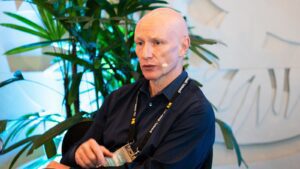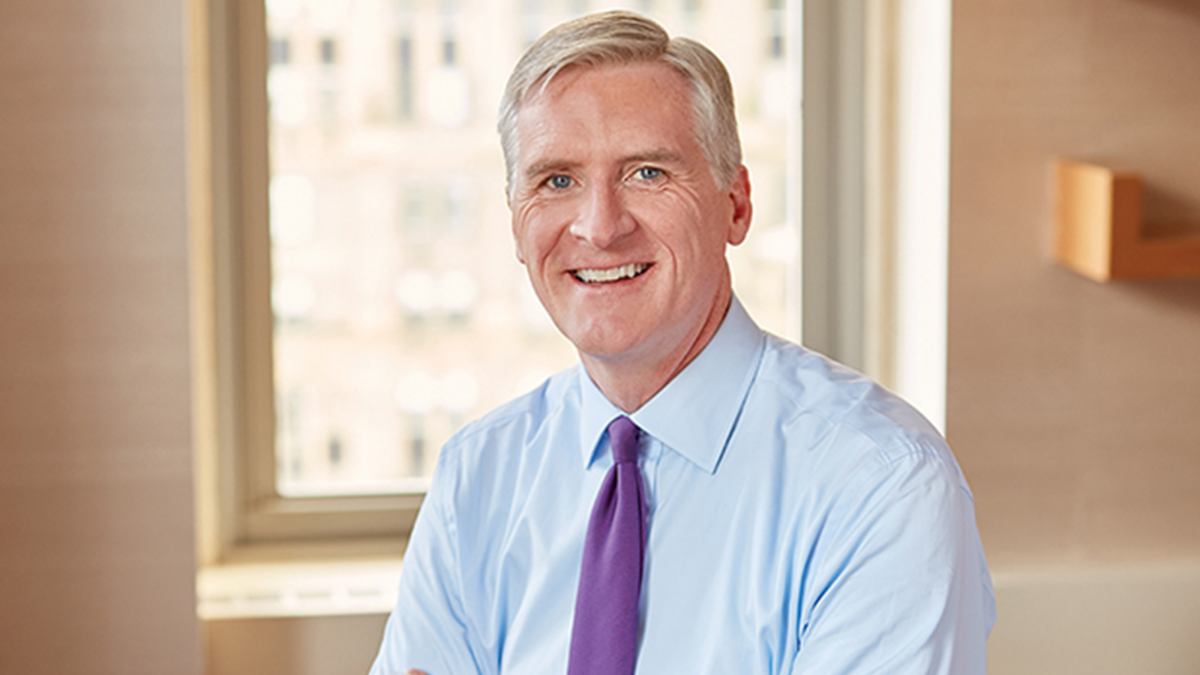-
Sort By
-
Newest
-
Newest
-
Oldest
The move towards renewable sources of energy gathers pace, and while the majority of our power still comes from coal and gas, efforts to put capital behind low-emission companies is paying dividends according to the ethical investor.
The ethical investor is using the China’s sluggish reemergence from the pandemic as an opportunity to rotate into more investments that facilitate a sustainable future, while simultaneously fortifying the return profile of its flagship fund.
The $10 billion ethical investors expects “quite an evolution” in climate resilience and mitigation investing, as well as growing interest in sectors like water, where it is “actively exploring” opportunities.
The banks may not be perfect, but their collective role in facilitating a developed ecosystem, combined with the leverage they have through lending and capital allocation, means they often fall within Australian Ethical’s “investible universe”.
Australian Ethical’s partner in the new fund, Infradebt, is an ubiquitous presence in Australia’s energy transition movement, having funded 40 renewable projects to date.
Given the opportunity set in front of advisers during the next transfer of generational wealth, now may be the time to reassess the role of responsible investing and the importance of being an ethical steward for capital.
“The portfolio does look different to mainstream,” says Australian Ethical portfolio manager and equity analyst Deana Mitchell, before explaining how the fund manager tilts up and down to meet its ethical charter.
Despite being buffeted by some serious headwinds, the sustainable investment movement shows no sign of slowing down in Australia.
Investing in quality takes patience, as does investing sustainably. The convergence plays well for those looking to build a portfolio with ESG parameters, something Australian Ethical believes will benefit from net-zero tailwinds in the future.
As Australia’s energy transition ramps up, spurred by a greater government commitment, the ethical investment manager says investors risk getting saddled with “stranded assets” if they don’t limit their exposure to fossil fuels.














